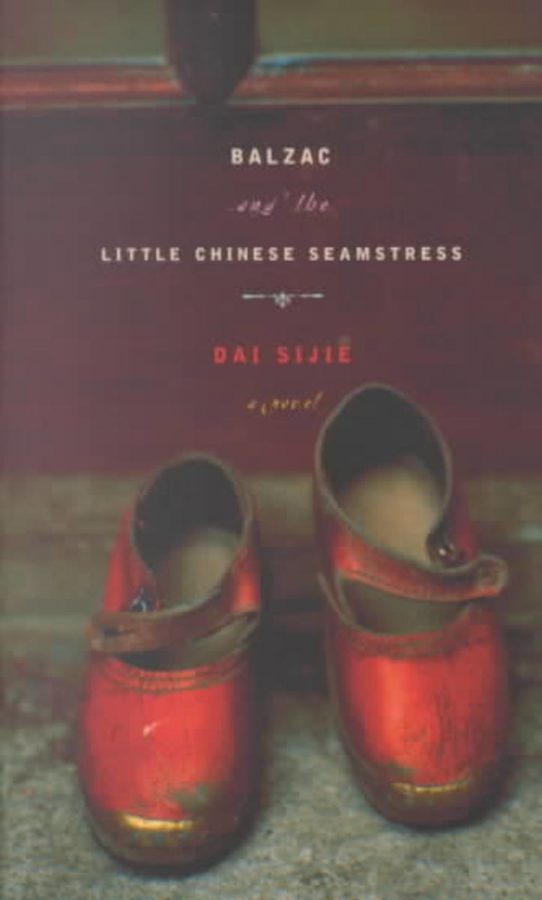By Adam Peng ’17, Perspectives Section Editor
“8. All human sources are biased. Every human account of the world is shaped by the culture, concerns, and goals of the person giving the account.”
As I took a glimpse of this line from Dr. McCall’s classroom, I began to think about and understand how words in books can become so powerful and how they are altering our perspectives in this diverse world.
Each civilization has a past. Each country has a past. Each race has a past. Along the long river of time, there have always been stories to tell- about children, about soldiers, about women, about elders. They are histories about how people were oppressed, how cities were destroyed, how dignities were insulted, and how humanity was ignored.
Last week, I finished one of my summer readings, Balzac and the Little Chinese Seamstress. I started to question how educators should deal with historic novels and how we want our next generation to perceive this world. The book is about educated teenagers from a big city during the Cultural Revolution of China. They were assigned by the government to quit from school and become re-educated in farming amongst ignorant people, where their knowledge was disrespected by peasants. However, they still held the passion of studying western literary classics and encouraged more people to read, to be educated by words and love.
Upon finishing the book, I truly felt the violent destruction of knowledge, the extreme terror of corrupted policy, and understood an absurd era in which educated people were labeled and insulted by ignorance. My grandmother, who was a teacher in college herself, understood the hardships of educated people during the period and often told me stories about how people were killed because of “the professions of their family.”. However, the book concerned me too. It made me afraid that American people would think that that is what China is like today because the story is merely 50 years away from us. That urgent discomfort paralleled the first time that I read the Adventures of Huckleberry Finn by Mark Twain. I could not understand why African Americans were not treated as human beings. When I was little and first heard about slavery here in the United States that caused the Civil War, the first question that came to my mind was: Why did they do that? Because from what I knew as a child, human is human, there was no difference with just a different skin color. In a way, it is also a surprise that the Civil Right Movement has only passed half a century.
So what difference was made that changed a country of racial bias to a country of equality? What made those people who burnt all those valuable books want to start reading and go to school again? Is that a dramatic change in the nature of humanity? Honestly, I don’t think so. I believe government policies that bring great practical benefits are what have transformed our nations. But should we show children the darkness of cold historical fact? That is the question that all of us need to think about. How do we want our following generations to know the world? I feel lucky that I have learned American history so that I have enough context to understand the slavery issue, but from whom will American kids learn Chinese history? I am worried that someone on the street will come to me and ask, “Do Chinese people still burn books?”
I don’t know if biased history is valuable for political purposes. But I do know we need to be truly open-minded, to know the background of history before making judgments to embrace the diversity of the world. Politicians fight, but we don’t want out kids to fight, to grow up discriminating against each other, to be filled with bias and prejudice without sufficient background information, to be misled by the mythical past.
This might have never occurred to you, but it is educators’ responsibility, to build a healthier international relationship in the future, to build a more peaceful world for human beings.




